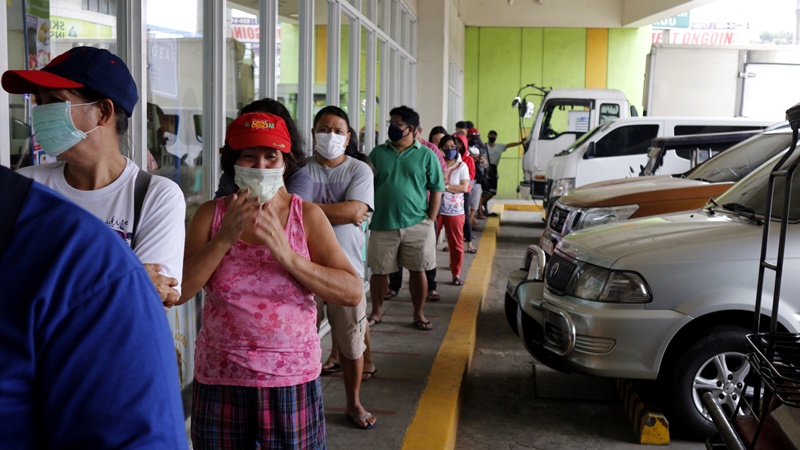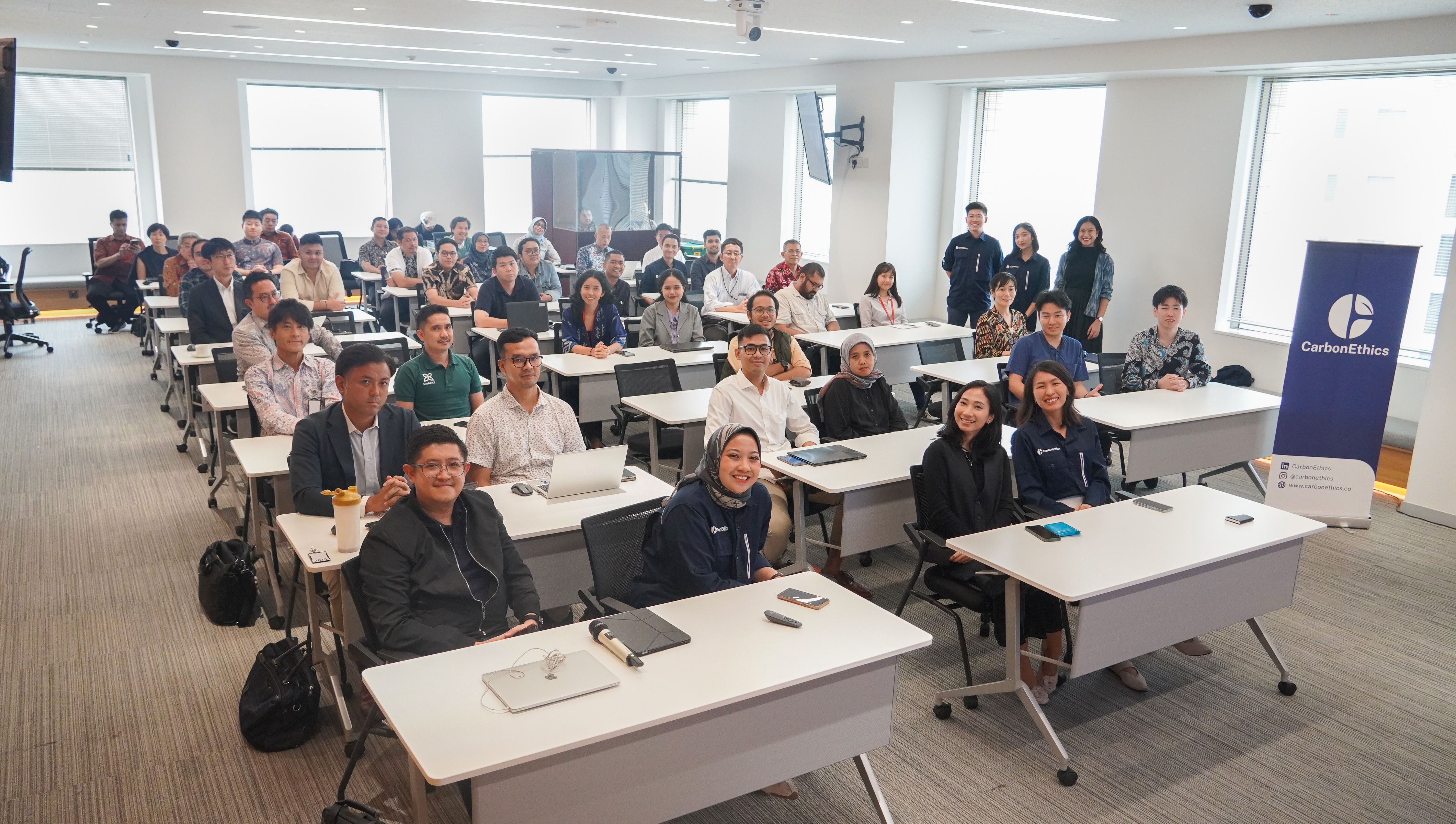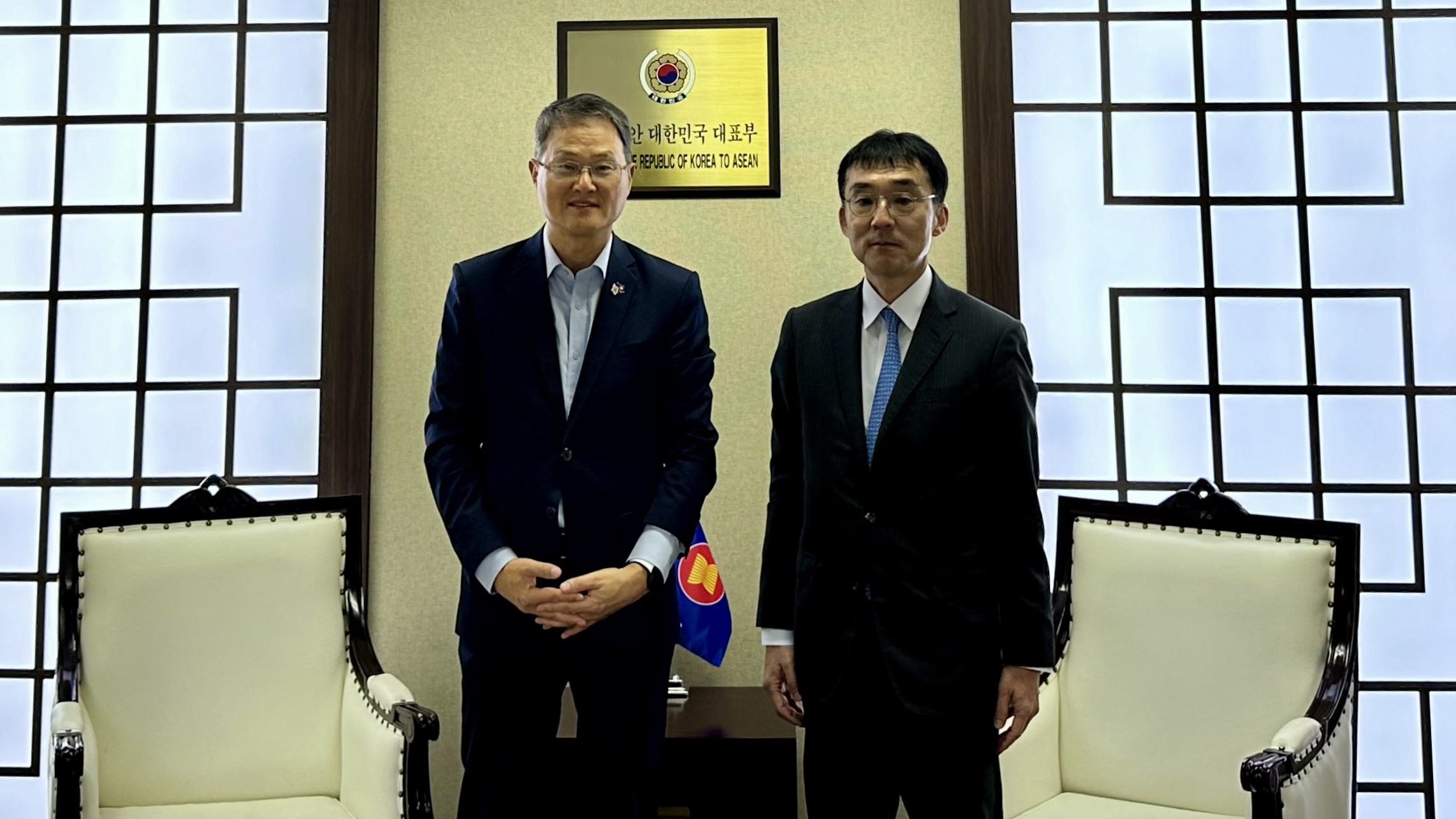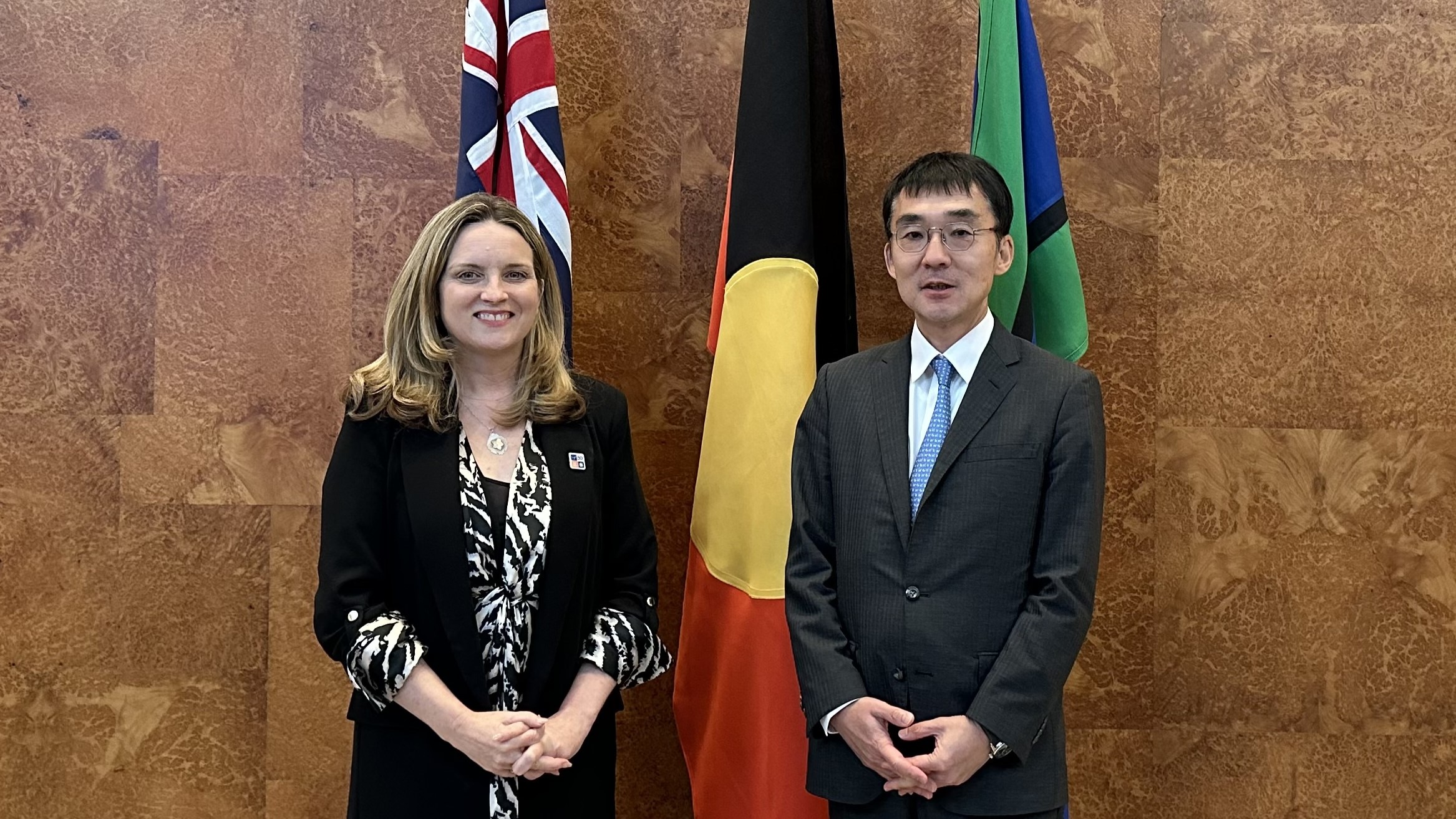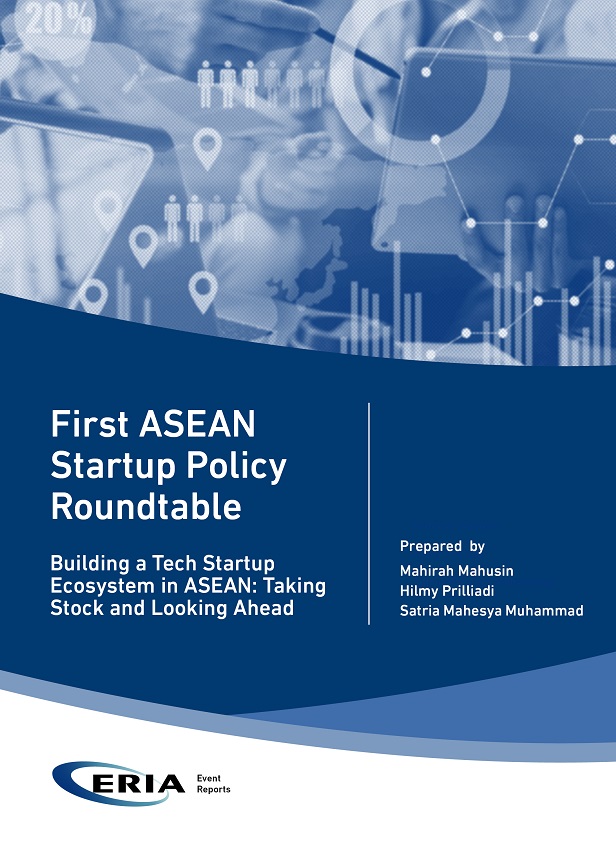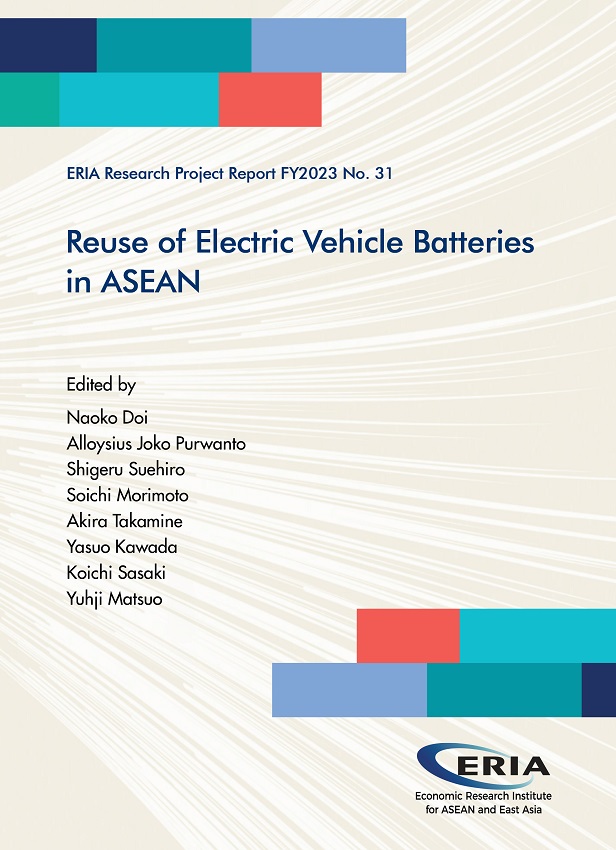Thailand must Rethink Its Quarantine
Share Article:
Print Article:
By Mr Kavi Chongkittavorn, Senior Communications Advisor: Thailand's future might well be in danger if the government does not take urgent action to recalibrate its anti-pandemic policies. All the excellent measures the concerned authorities, as well as the public, have taken in mitigating the coronavirus over the past six months could easily turn against them. Thailand could emerge from Covid-19 with more disgruntled Thais including those who were repatriated. Worse, there will likely be additional unhappy foreign countries including their diplomats and citizens who have encountered discriminatory actions, some of which have gone against the Vienna Convention on Diplomatic Relations.
Two important trends must be considered. First of all, public expectations are currently so high that any new community transmissions will not be tolerated. For the past 78 days, not a single local case has been reported with the result that Thailand has been touted by the international community as one of the world's top countries in containing the virus. The Centre for Covid-19 Situation Administration (CCSA) has highlighted the 'zero' cases and urged the public to continue to wear masks, practise social distancing and wash their hands often. The focus of the daily press conference by CCSA is now all about the imported cases and their implications.
Referring to imported cases in general is a complicated issue as they involve both Thais and foreigners. In the case of Thai citizens, the long process of securing flights, physical check-ups and other formalities must be followed to the letter. In particular, the 'fit to fly' certificate was designed to ensure whoever wants to enter Thailand during the pandemic must have a physical check-up and be in good health. Of late, these measures have been severely criticised by Thai families, civil society groups and local media as a tool to delay or even prevent them from returning home.
In recent weeks, with fresh anti-Prayut protests continuing, criticism of the CCSA has also intensified. With the fourth extension of emergency measures until the end of August, they have accused the government of foul play, saying it is trying to prolong its grip on power by sustaining the 'zero' case template. It is interesting to note that the protesters continue to link the issues of public health and public safety with the domestic political scene.
Secondly, the CCSA has been extremely tough in handling foreign visitors which has already caused a wide range of protests from the diplomatic community which would have far-reaching repercussions for the country's future economic discovery plans. At the moment, a handful of foreigners are allowed to enter Thailand. In personal interviews with some leading businessmen, all agreed that with such a stringent policy, the economic costs would be extremely high as the country's economic growth is already in the deep red. International financial institutions including the International Monetary Fund and the World Bank have already estimated the slowdown of Thai economy at approximately minus 8%.
Early last month, the headlines and hearsay generated by Egyptian aircrew who flew into U-Tapao International Airport in Rayong and their subsequent behaviour in the town, with one infection traced, deepened the suspicion of foreign visitors spreading the virus even though the lab tests gave negative results. The authorities in Rayong had to trace all residents believed to come into contact with the Egyptians or who visited the same shopping mall. As it turned out, none were infected. At the time, the fear of the virus spreading reached near hysteria with calls for the government to pay compensation for lost income during the temporary lockdown in Rayong and to bar all foreign visitors. Lest we forget, in late February when South Korea was hard hit by the coronavirus, there was a false alarm, blaming the influx of Thai workers coming home for being possible virus spreaders. In reality, they simply wanted to take advantage of the amnesty granted by the Korean government.
However, the damage done was greater for a returning European Union (EU) official who was banned from returning to her condominium on July 16. The decision not to allow her entry by the juristic person of her residence caused a diplomatic row between Thailand and the European Commission. Later on, she agreed to go through what is known as alternative state quarantine (ASQ) instead of self-quarantine at her condominium which all foreign diplomats are supposed to do. Coming hot on the heels of the Rayong scare, the juristic person at her residence took a unilateral decision to block her entry. Worse still, some bloggers and local media hailed the action as heroic even though this blatant behaviour contravened the Vienna Convention of Diplomatic Relations of 1961.
In response to this faux pas, the European Commission in Bangkok has already recommended that Brussels withdraw Thailand from the list of 15 'safe' countries announced on July 1 that are eligible to travel to EU member countries. Thailand is the only Asean member picked by the EU due to its efficient management of Covid-19. The commission has complained about Thai social media preponderance to misinform the public about the diplomatic community. As foreign diplomats in Thailand, their status is protected by the Vienna Convention. They are not so-called "VIPs" which, in the Thai context, mean the country's privileged and powerful elite.
From July 22, following the Rayong incident, the CCSA imposed the 14-day state and alternative state quarantine, replacing self-quarantine which immediately caused uneasiness among Bangkok-based embassies over Thailand's unilateral action. Some of them pledged to reciprocate when Thai diplomats entered their countries. Indeed, the CSSA should learn from Seoul in handling quarantine for foreigners. Diplomats with negative COVID-19 tests are allowed in without any quarantine.
The panicked response has also applied to the visiting American troops scheduled to participate in year-long joint military exercises. With anti-foreigner feeling running high in terms of importing the virus, politicians and media have questioned the government's motives for accepting them. They completely ignored the fact that that all incoming personnel must go through stringent Covid-19 measures conducted by the Thai authorities with no exceptions.
In the coming weeks, it will be imperative to educate the Thai public about the current situation instead of focusing on numerical achievements. The CCSA must know how to manage public expectations which are now totally embedded in the "zero" infection and low death rate of 58 since June 2. If this trend continues, any new cases popping up with more easing of lockdown could have a devastating effect on the government's image and stability. It will ignite a new cycle of the blame game from stakeholders and politicians.
Again, Thailand should also learn from Vietnam, Germany, New Zealand, Japan, South Korea and Singapore that opening up the country carries some risks -- namely new infections no matter how efficient the preventive measures are -- but it is essential to kickstart the country's economic recovery in the "new normal" era. Public understanding of this is essential, otherwise, the future is bleak.
This opinion piece was written by ERIA's Senior Communications Advisor, Mr Kavi Chongkittavorn, and has been published in The Bangkok Post. Click here to subscribe to the monthly newsletter.
